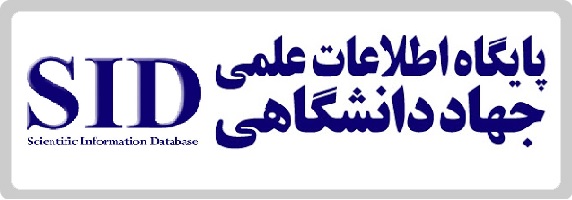Alexander of Aphrodisias on Divine Providence in Aristotle
Keywords:
Alexander of Aphrodisias, divine providence, primary intention, secondary intention, to be close toAbstract
The peripatetic tradition of reading Aristotle limits divine providence to celestial bodies and maintains that, according to Aristotle, there is just divine providence per accident by celestial bodies concerning sublunary world. Alexander of Aphrodidsias in his treatise titled as “On Providence”, however, tries to give an Aristotelian version of divine providence so that it would not be in contradiction with the exaltedness of divine causes in superlunary world and would not be per accident. We, in this essay, by pointing to the roots of his Aristotelian conception of divine providence in De Generatione et Corruption and De Caelo, shall show that his specific treatment of divine providence in Aristotle is based on a peculiar theory of causation which in turn will face him with other difficulties in denying providence per accident.





